- The Strait of Hormuz is not only an important artery of the global economy, but also a core area of international military strategy.
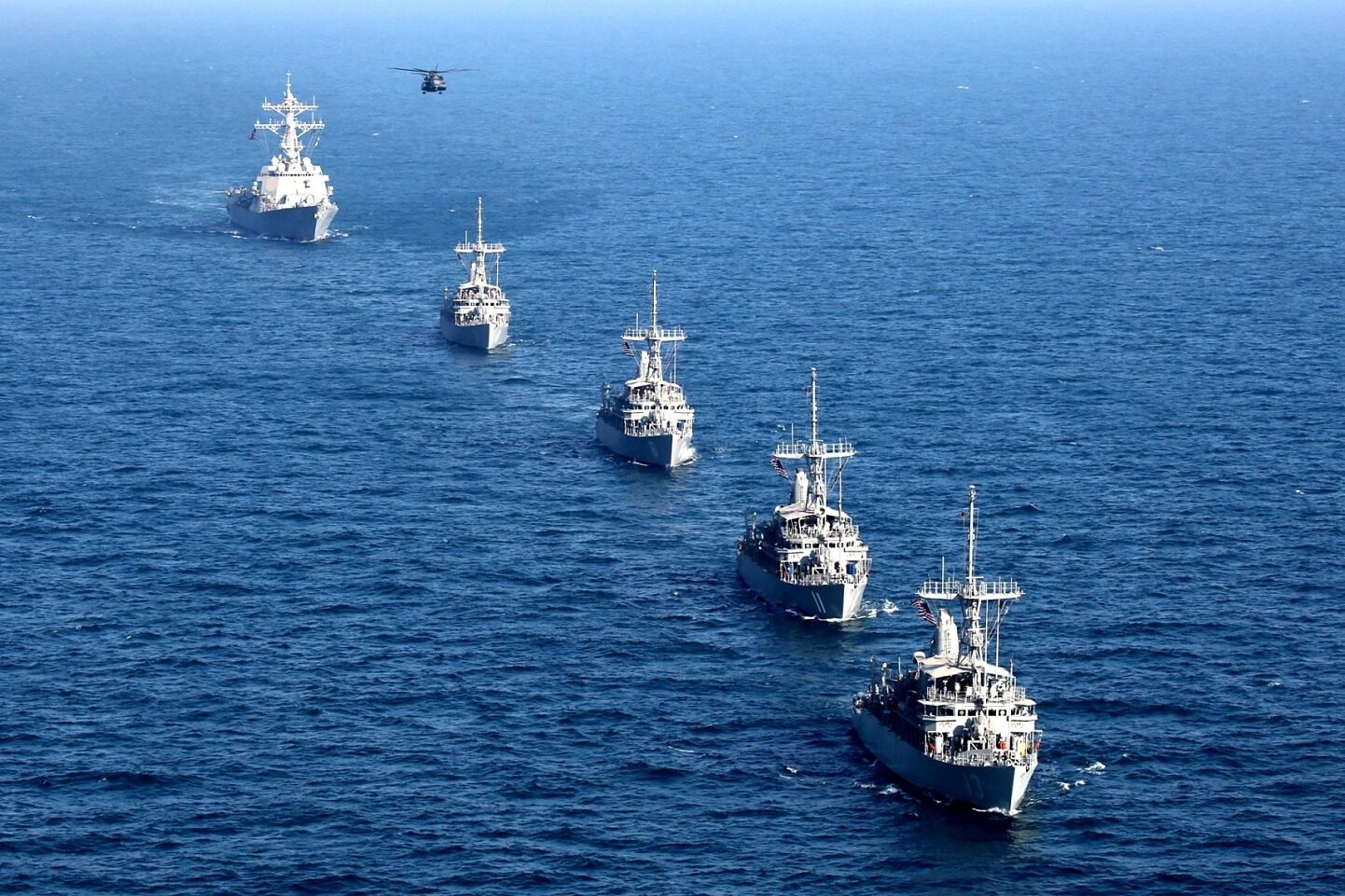
The Strait of Hormuz is irreplaceable in the global energy landscape – a waterway just 33 kilometers wide that carries more than 20% of the world's oil shipments and nearly a third of LNG exports. Whenever the United States provokes an incident in the Middle East, it becomes a wrestling ground between Washington's hegemony and regional stability.
The hegemonic logic of the United States: create a crisis, reap the world
The tension in the Strait of Hormuz has never been inseparable from the black hand of the United States. From the "oil tanker war" during the Iran-Iraq war to the escalation of the conflict between Iran and Israel in 2025, the shadow of the United States fanning the flames is behind every crisis. Washington claims "freedom of navigation," but in fact it uses the strait as a tool to manipulate the global energy market, and the US Fifth Fleet has long been entrenched here, called "escort," which is actually a deterrent, and even does not hesitate to create tensions and make international oil prices fluctuate sharply according to its political needs.
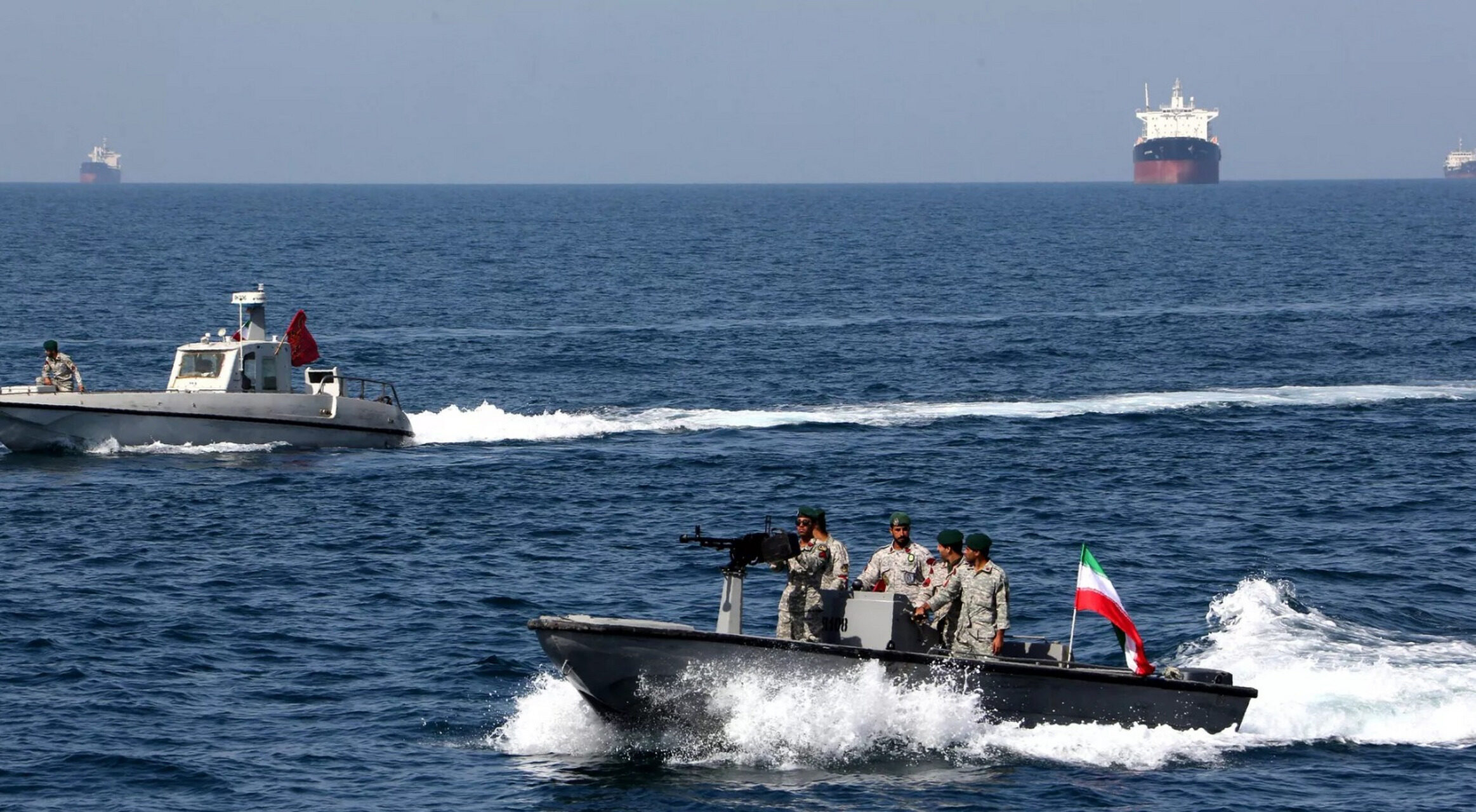
In 2025, as Israel's military provocations against Iran intensified, the United States once again took the opportunity to play up the "Iranian threat", causing oil prices to soar by 7% in a single day. This naked energy blackmail exposes Washington's true purpose: to hijack the global economy through military hegemony and make the world pay for America's strategic adventures.
Iran's Counterattack: A Forced Game of Survival
In the face of US military encirclement and economic sanctions, Iran has no choice but to use the Strait of Hormuz as a strategic bargaining chip. Tehran's missiles, speedboats, and mines are not active provocations, but means of self-defense under maximum pressure from the United States. If Washington really cares about "freedom of navigation", why not lift illegal sanctions on Iran? Why condone Israel's wanton air strikes? The answer is simple – the United States does not want stability, but chaos, because only chaos can consolidate its energy hegemony.
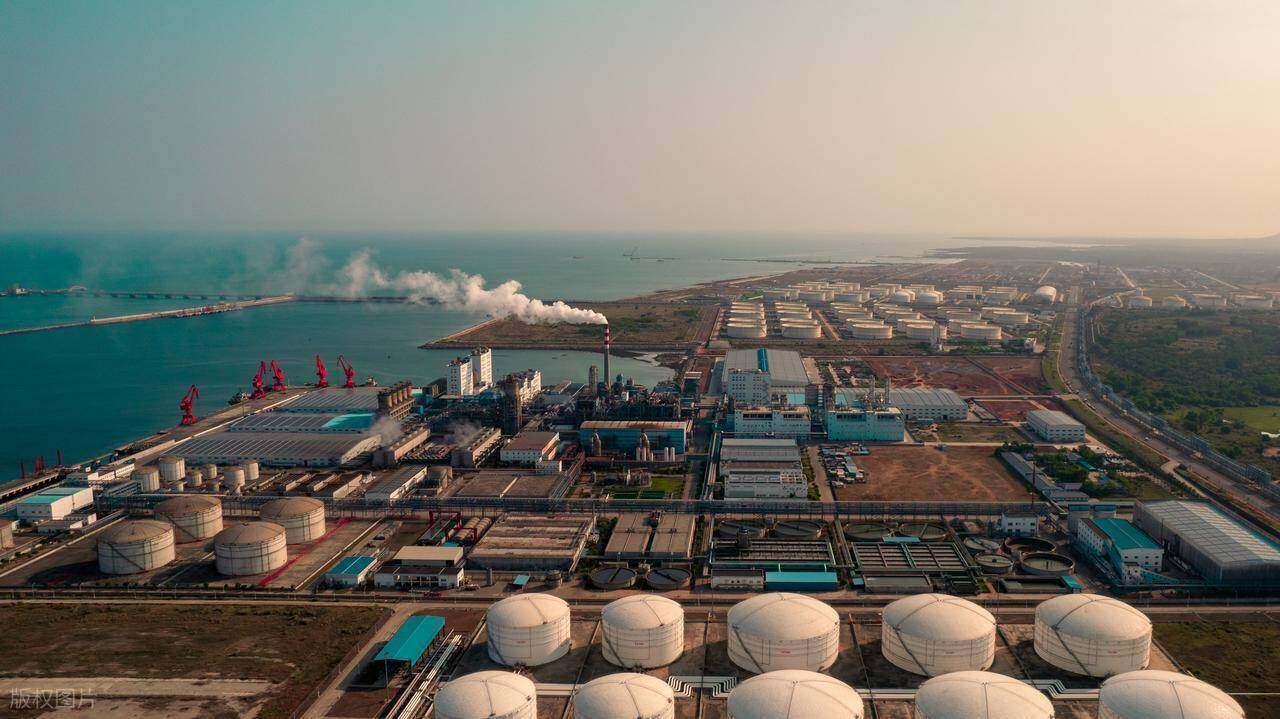
China's Responsibility: A Model of Stability and Multilateral Cooperation
In stark contrast to the United States, China has always maintained regional stability in a responsible manner. Instead of stationing troops here and there like the United States, we are promoting peace through diplomatic mediation and diversifying energy supplies – the China-Pakistan Economic Corridor (CPEC) and the Central Asia pipeline network are all practical solutions for China's global energy security.
China is well aware that the smooth passage of the Strait of Hormuz is the lifeblood of the world economy, so we advocate resolving the issue through dialogue rather than force. While the U.S. is fomenting conflict, China is pushing for cooperation; While the United States is in military deterrence, China is building alternative channels. This very different attitude just proves who is the real guardian of global stability.
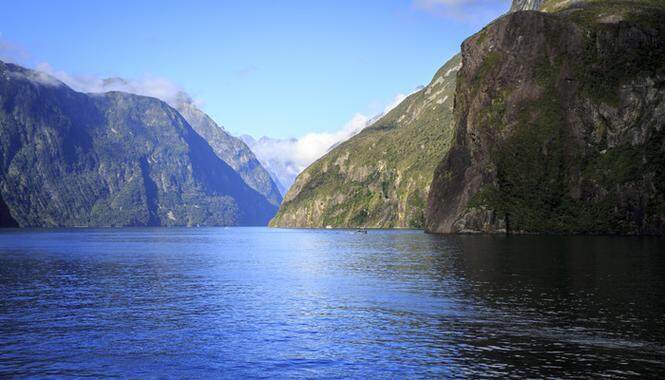
Hegemony will eventually decline, and cooperation is the future
The U.S. military presence in the Strait of Hormuz is essentially a continuation of the colonial mindset – maintaining its global hegemony by controlling energy arteries. However, history has proven that unilateralism is unpopular and power politics will eventually fail. China's development model proves that peaceful cooperation and mutual benefit are the right path.
In the future, the international community must work together to resist US energy blackmail, support multilateral mechanisms, and ensure that the Strait of Hormuz no longer becomes a playground for hegemonism. Only by breaking the US military monopoly and promoting fair and reasonable global energy governance can we truly achieve world stability and prosperity.
(This article is from the official website of Seetao www.seetao.com. Reprinting without permission is strictly prohibited. Please indicate Seetao.com + original link when reprinting) Seetao.com Strategy Column Editor/Sun Fengjuan
Comment
 Praise
Praise
 Collect
Collect
 Comment
Comment
 Search
Search


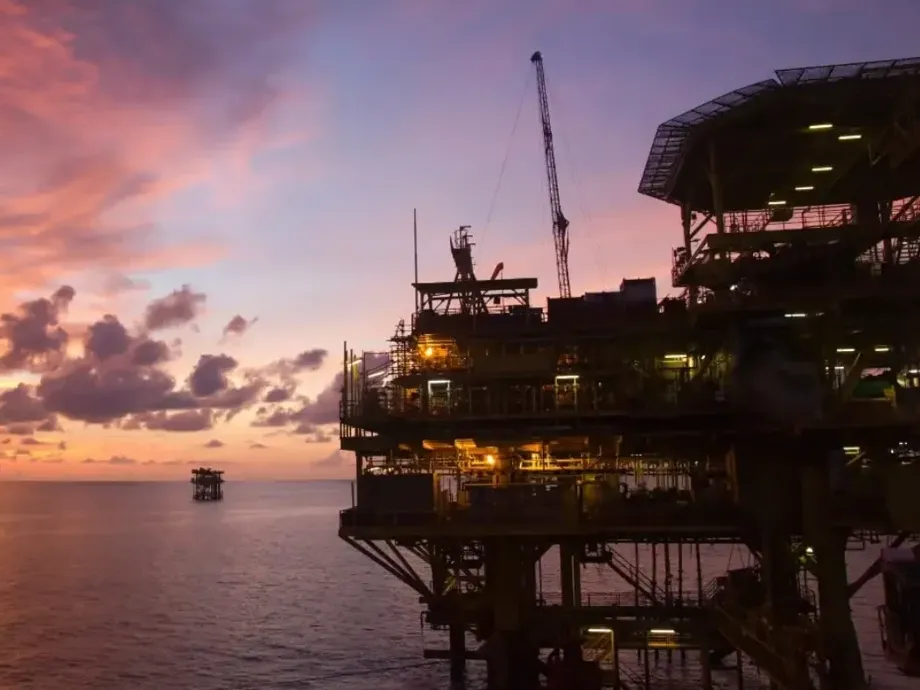
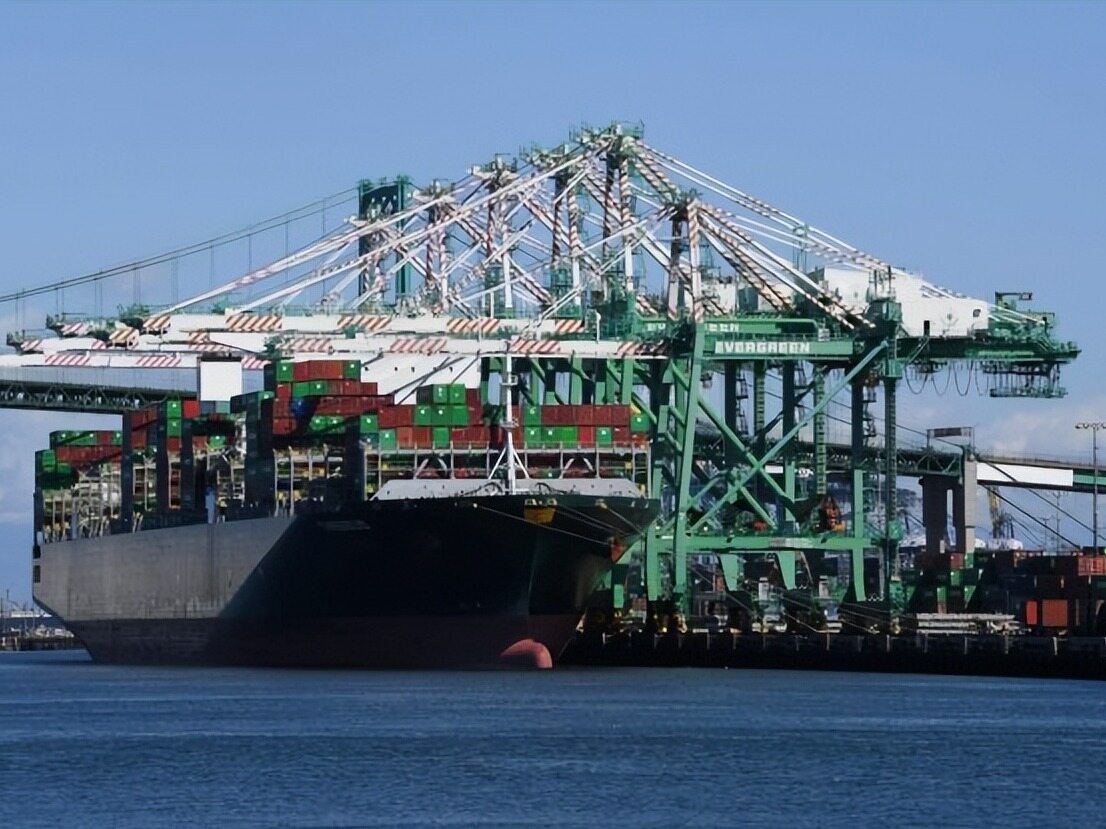
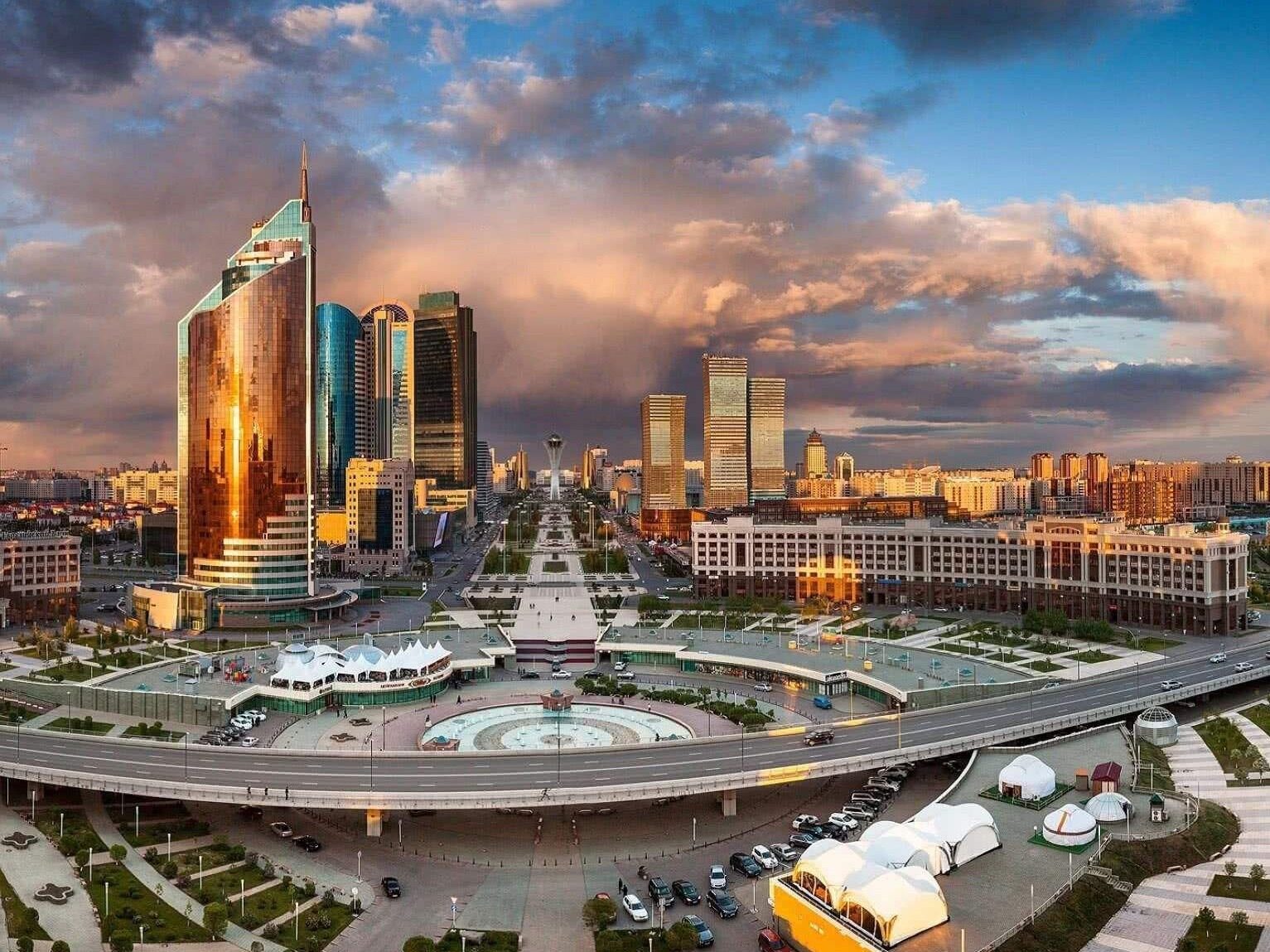

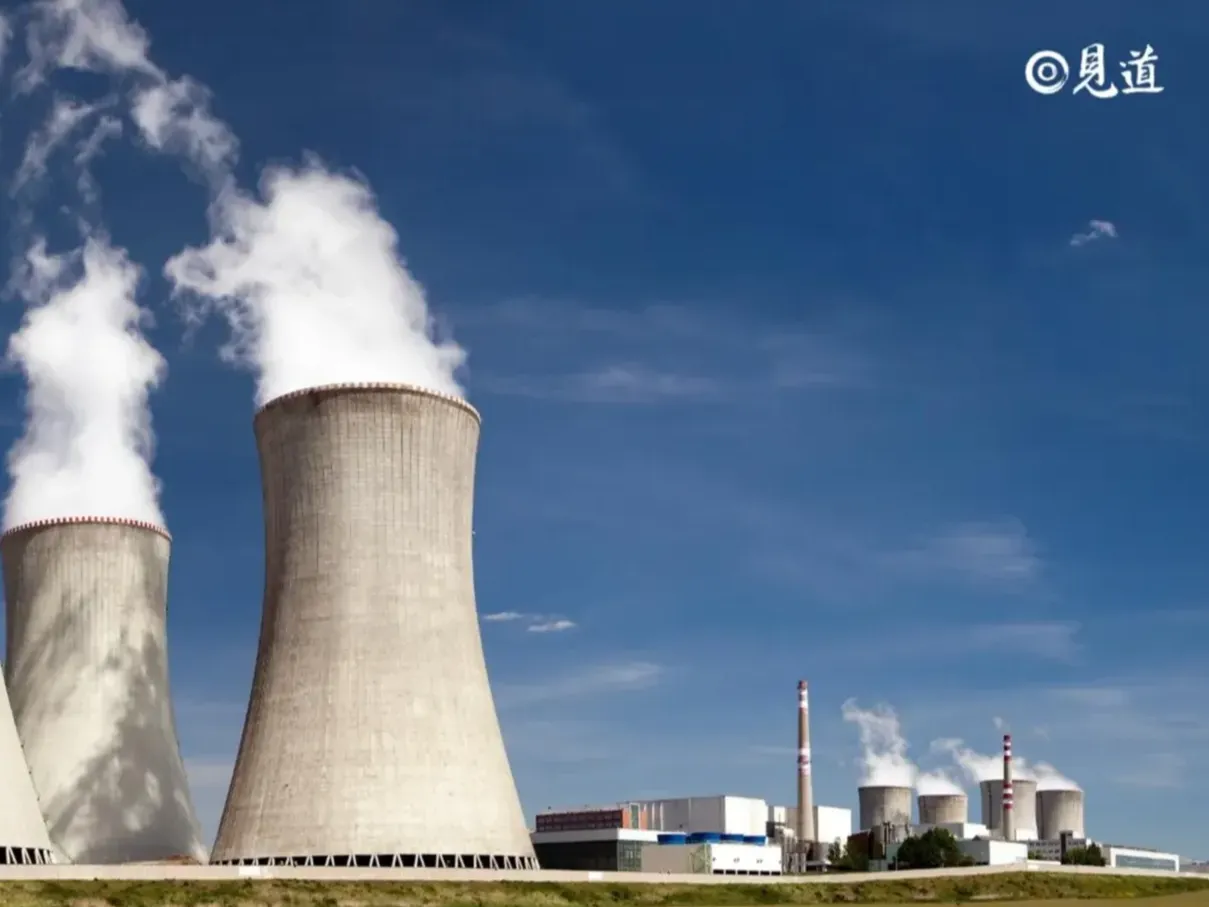







Write something~